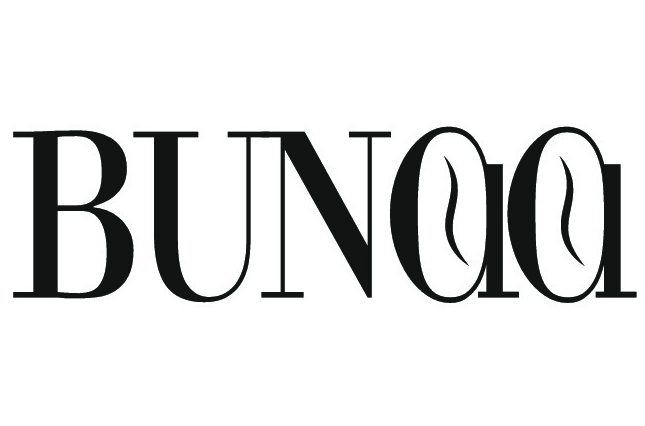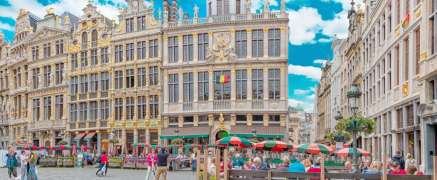To today’s Belgian national holiday (21 July) all about Belgium coffee.
- After Arab states brought only small quantities of coffee as a souvenir to Europe, commerce spread to Europe in the 17th century.
- With the colonialisation the coffee cultivation was spread worldwide.
- The Belgians introduced the cultivation in Burundi in the early 1930s.
- Between 1945 and 1953, an estimated 1,000 tons of coffee were illegally smuggled to Germany from Belgium and the Netherlands – also known as Aachener Kaffeefront, since the city was the center ofcoffee smuggling.
Advertisment
- The reason for this was the extremely high coffee taxation in the British occupation zone in the Federal Republic of Germany from 1949 onwards.
- In 1953 the coffee tax was lowered from 10 DM / kg to 4 DM / kg and solved the problem.
- In Belgium, high-quality, freshly roasted coffee is served.
- The demand for high-quality Belgium coffee also increases compared to 2016.
- But also quantity is important to the Belgians – they are the world’s No. 8 coffee drinker.
- If you are in Belgium, you can have a look at these coffee roasters in Ghent, Brussels or Braasschaat near Antwerp.
Belgium Coffee: Preparation
Lait Russe
Milk coffee
Diplomats Coffee
- 4 cups of hot, strong coffee
- 12 tsp of egg liquor
- Milk froth
- Cocoa powder for decorating
Brew a pot of strong coffee. Divide the eggs into 4 glasses or cups. Layer the hot coffee over the egg liqueur and a generous amount of milk froth on top. Sprinkle with some cocoa powder and serve. It is drunk layer by layer.
Royal Balancing Siphon
In the 19th century Belgium coffee was brewed by vacuum method.
For advertising links on this page the dealer may pay a commission. These advertising links are marked with an asterisk (*) – images and banners are marked with “Ads” or “Advertisment”. There are no costs for you. Find more information in the data protection regulations here.





